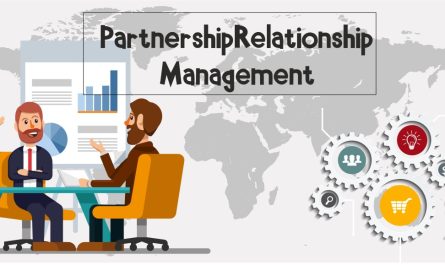The Climate Change Consulting Market is estimated to be valued at US$ 6.82 Bn or billions in 2023 and is expected to exhibit a CAGR of 5.7% over the forecast period 2023 to 2030, as highlighted in a new report published by Coherent Market Insights.
Market Overview:
Climate change consulting includes services and solutions associated with climate change adaptation planning, greenhouse gas emission management, carbon accounting and reporting, amongst others. Consulting services help industries and governments to assess the risks posed by climate change and develop mitigation and adaptation strategies to curb greenhouse gas emissions and make infrastructure resilient.
Market key trends:
One of the major trends driving the growth of the climate change consulting market is the rising awareness about climate change impacts across different industries and governments. As per the recent Intergovernmental Panel on Climate Change (IPCC) reports, climate change is a man-made problem that is accelerating faster than predicted. IPCC warned that climate change will have far-reaching consequences and called for urgent action. This has prompted industries and governments to focus more on climate change adaptation and mitigation strategies. Consulting firms help clients in understanding the risks, evaluating compliance with climate policies and developing robust plans to adapt to changing climate conditions and reduce carbon footprint, thereby enhancing the growth of climate change consulting market.
Porter’s Analysis
Threat of new entrants: The threat of new entrants in the climate change consulting market is low due to the presence of established players and high initial investments required for research and development.
Bargaining power of buyers: The bargaining power of buyers is moderate as buyers have various options available in the market and can negotiate on pricing.
Bargaining power of suppliers: The bargaining power of suppliers is low since raw materials required are commoditized and substitutable.
Threat of new substitutes: Potential threat from substitutes is low as there are limited substitute products for climate change consulting services.
Competitive rivalry: Intense due to the presence of large number of global players.
SWOT Analysis
Strength: ICF and McKinsey possess strong expertise and experience in climate change consulting.
Weakness: High reliance on government funding exposes the market to budget cuts. Lack of awareness in developing nations.
Opportunity: Increasing investments by public & private organizations to reduce carbon footprint presents an opportunity.
Threats: Geopolitical tensions can impact cross-border collaborations. Lack of a universal climate policy is also a challenge.
Key Takeaways
The Global Climate Change Consulting Market Demand is expected to witness high growth, exhibiting CAGR of 5.7% over the forecast period, due to increasing investments by private sector firms to meet sustainability targets. Supporting regulations like carbon pricing and emissions trading schemes have also accelerated climate risk management.
Regional analysis indicates North America dominated the market in 2023 with over 40% share driven by stringent policies in the US and Canada. Asia Pacific is expected to grow at the fastest pace due to growing awareness, presence of emerging economies and sizeable population vulnerable to climate change impacts.
Key players operating in the climate change consulting market are ICF International, Inc., A.T. Kearney, Inc., McKinsey & Company, Inc., PricewaterhouseCoopers LLP (PwC), ERM Group, Inc., KPMG International, Coastal Risk Consulting, LLC, CH2M HILL Companies, Ltd. (Jacobs Engineering Group), Deloitte LLP, Ramboll Environ, Inc. ICF and McKinsey have been focusing on digital technologies to provide advanced analytics and advisory services to clients.
*Note:
1. Source: Coherent Market Insights, Public sources, Desk research
2. We have leveraged AI tools to mine information and compile it



